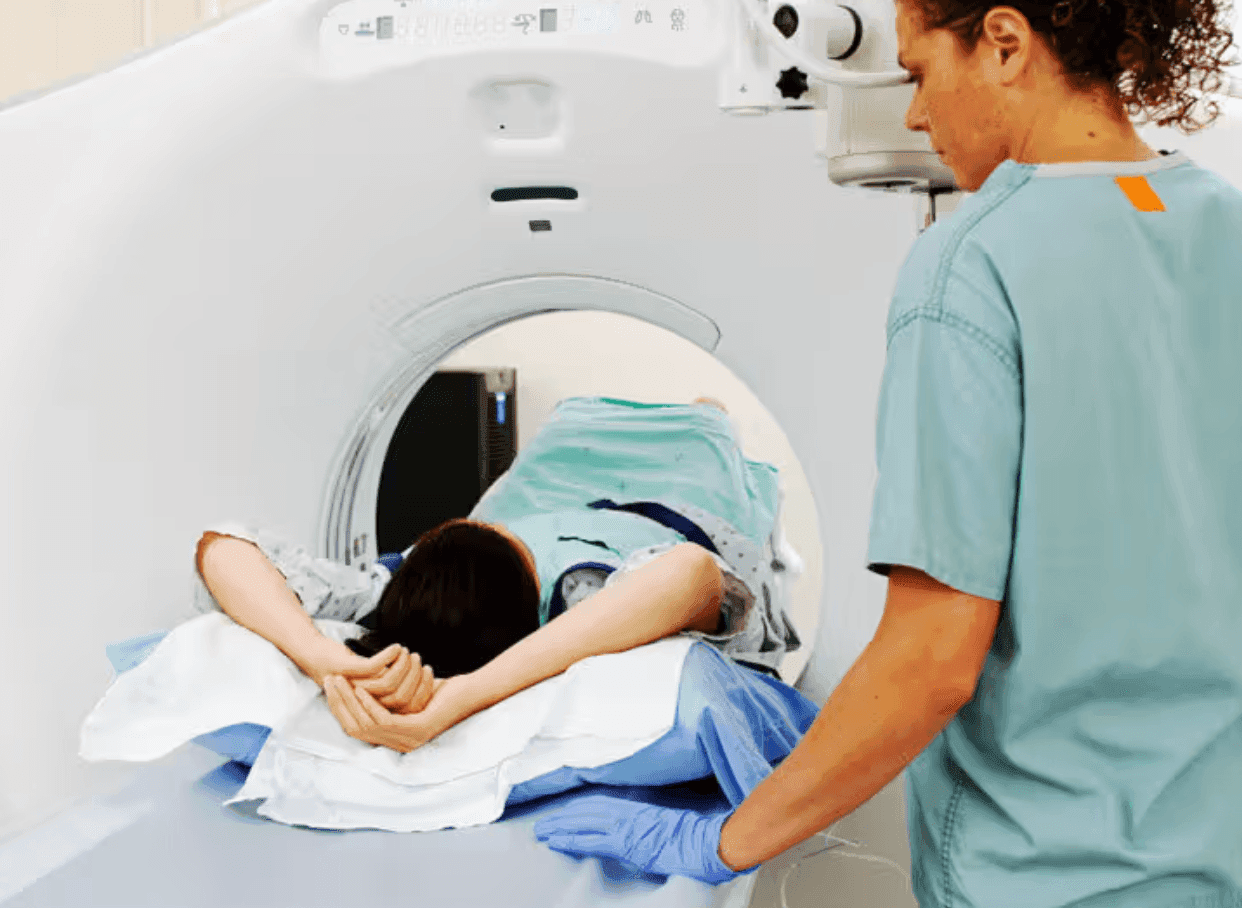Navigating women's health can feel overwhelming, especially during critical stages like pregnancy or routine reproductive care. Obstetrics plays a vital role in ensuring the health of women and their developing babies, offering guidance and monitoring throughout pregnancy, labor, and postpartum. From managing common discomforts to addressing high-risk conditions, obstetricians provide essential care tailored to each woman's needs.
Equally important is the pelvic exam, a quick and routine procedure that helps assess reproductive health. This exam allows healthcare providers to check for issues like ovarian cysts, fibroids, or infections, ensuring early detection and treatment. While it may seem intimidating, a pelvic exam is a fundamental step in maintaining a healthy reproductive system and overall well-being. Together, obstetric care and pelvic exams empower women to take charge of their health with confidence and reassurance.
obstetrics
Obstetrics focuses on the care of women during pregnancy, childbirth, and the postpartum period. It ensures both mother and baby receive comprehensive medical attention to maintain optimal health throughout this journey.
What is a pelvic exam?
A pelvic exam is a routine procedure used to assess the health of a woman's reproductive organs. It includes examining the vulva, vagina, cervix, uterus, ovaries, and fallopian tubes. During the exam, healthcare providers may perform a Pap smear to screen for cervical cancer or check for signs of infection, inflammation, or abnormalities.
Why do I need a pelvic exam?
A pelvic exam plays a critical role in monitoring reproductive health. It helps identify conditions such as ovarian cysts, sexually transmitted infections (STIs), uterine fibroids, or early signs of cancer. It can also diagnose issues related to pelvic pain, abnormal bleeding, or unusual discharge. Women who are pregnant often undergo pelvic exams as part of prenatal care to ensure a healthy pregnancy.
How often do I need a pelvic exam?
The frequency of pelvic exams depends on factors such as age, health history, and risk factors. Women over 21 typically receive an exam as part of their annual preventive care, though the interval may vary. Those with conditions like cervical dysplasia or a family history of ovarian cancer might require more frequent screenings.
Do I need to do anything to prepare for a pelvic exam?
Preparation is minimal for a pelvic exam. Avoid inserting anything into the vagina, like tampons or creams, 24 hours before the exam. Patients may need to reschedule if menstruating, depending on the provider's recommendation. Relaxing and wearing comfortable clothing can make the process smoother. Healthcare providers offer a private space for undressing and take steps to ensure patient comfort during the procedure.
Why Is a Gynecological Checkup Important for Women’s Health?
A gynecological checkup plays a critical role in maintaining sexual and reproductive health. These visits include screenings, diagnoses, and treatments tailored to address specific health concerns. Regular checkups ensure early detection of conditions such as cervical cancer, sexually transmitted infections (STIs), and other reproductive health issues.
During annual visits, women typically undergo pelvic and breast exams. The pelvic exam assesses the health of internal and external reproductive organs, identifying signs of conditions like ovarian cysts or uterine abnormalities. Breast exams check for lumps or irregularities, helping with early breast cancer detection.
Pap smears, a key component of these checkups, are instrumental in preventing and diagnosing cervical cancer. By testing cervical cells for abnormalities, this procedure catches potential issues at an early stage. Pap smear frequency often ranges from every three to five years, but individual factors such as age, health history, and lifestyle may necessitate more frequent testing.
Gynecological checkups also monitor general health markers such as blood pressure and weight, which are linked to chronic diseases like heart disease and diabetes. For many women, these appointments function as comprehensive evaluations, addressing both physical and mental health needs.
conclusion
Prioritizing obstetric and gynecological care is essential for safeguarding women's reproductive and overall health. Regular pelvic exams, Pap smears, and comprehensive checkups not only ensure early detection of potential issues but also provide peace of mind. With proactive care and guidance, women can confidently navigate every stage of life, from routine wellness to pregnancy and beyond. Taking charge of health today lays the foundation for a healthier tomorrow.


